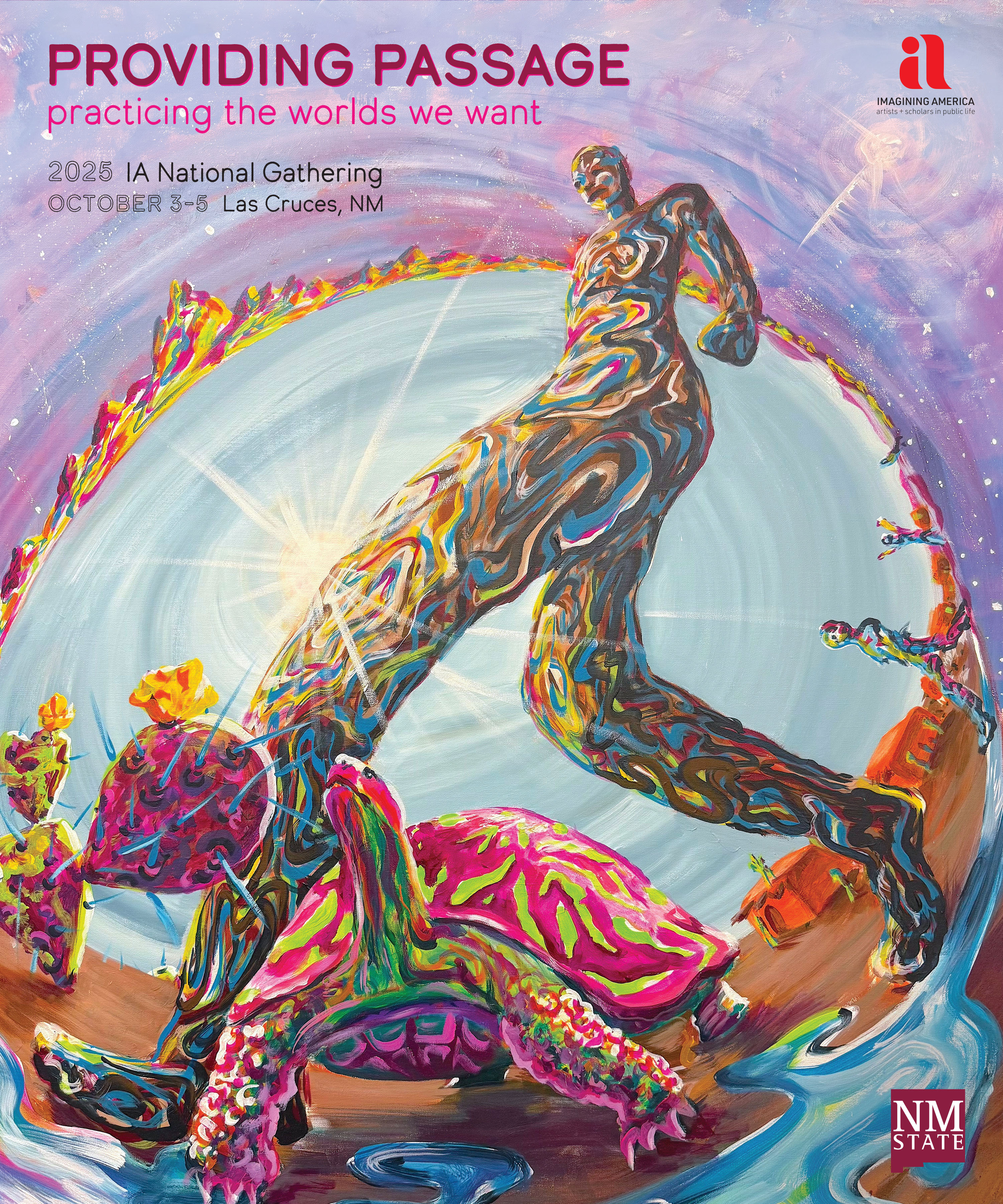Past Initiatives
CIVIC PROFESSIONALISM
Civic Professionalism was a research project that provided a roadmap for transforming educational practice through a dual focus on faculty work and student learning. It sought to interweave the traditional strengths of the liberal arts, the values of civic inquiry and reflection, and the practical work of sustaining and supporting our communities and ourselves. Click here to access the project report.
This research was made possible through the generosity of the Teagle Foundation and was led by IA’s Engaged Undergraduate Education Research Group.
Principal Investigators
• Amy Koritz, founding director, Center for Civic Engagement, Drew University
• Paul Schadewald, associate director, Civic Engagement Center, Macalester College
Research Fellows
• Robin Bachin, History, American Studies, University of Miami
• Brigitta R. Brunner, Communication and Journalism, Auburn University
• Giovanna Summerfield, College of Liberal Arts Associate Dean, Auburn University
• Catherine Gerard, Program for the Advancement of Research on Conflict and Collaboration, Syracuse University
• Kenneth Townsend, Office of the President, Millsaps College
Research Assistant
• Amanda Suniti Niskode-Dossett
EXTENSION RECONSIDERED
Extension Reconsidered was a year-long, Imagining America initiative that sought to highlight Extension’s legacy of public engagement while encouraging new partnerships and leaders to move that legacy forward. The initiative engaged Cooperative Extension partners from 13 states in constructive and critical deliberation about the role of Extension in public life. In particular, each state team pursued partnerships between Extension and the arts, humanities, and design fields to widen the appeal and reach of the deliberative activities.
The initiative was timed for 2014 to mark the centennial of the Smith-Lever Act of 1914, the federal legislation that established the national Cooperative Extension System. Extension Reconsidered was a partnership between 13 land-grant universities, Imagining America, the Charles F. Kettering Foundation, the Engagement Scholarship Consortium, Community-Campus Partnerships for Health (CCPH), and the Art of the Rural.
The thirteen land-grant universities that joined the initiative were as follows: Alabama, California, Florida, Georgia, Iowa, Kansas, Michigan, Minnesota, Mississippi, New York, Ohio, Oregon, and Wisconsin. Each university group created a leadership team made up of Extension educators, arts and design partners, and community members. Teams were tasked with planning deliberative events for their state around the Extension.
Reconsidered themes of public engagement, the arts/humanities/design, and the role of Extension. The themes and challenges of Extension Reconsidered were discussed online throughout the year on the Extension Reconsidered blog series and blossomed into other initiatives and projects including the following:
• The creation of a new relationship in Oregon between Extension and the College of Liberal Arts, with a focus on building partnerships between Extension and Engineering.
• Wisconsin’s “Extension Reimagined” created a statewide training and community discussion series.
• National Rural Issue Guide (2015): Extension partners in eight states collaborated with arts and design experts to create a deliberative issue guide focused on the future of rural communities. With support from Imagining America, the Kettering Foundation, and the National Issues Forums Institute.
FULL PARTICIPATION
The Linking Full Participation research project brought together strategically placed higher education institutions and communities working to figure out how to locate public problem-solving at the intersection of research, teaching, and engagement, and how to do so in a way that engaged the full participation of diverse communities, particularly those historically left out of this discussion.
The Center for Institutional and Social Change developed a research collaboration with Syracuse University, University of Southern California, and IA that proceeded from a shared vision: to build higher education institutions that enable people from all communities, backgrounds, and identities to participate fully, and in the process, to build collective knowledge and capacity needed to solve difficult public problems, a dual agenda we refer to as “institutional citizenship” (Sturm 2006). Consistent with this vision, the project used collaborative inquiry to advance three linked goals:
• Increasing access, success and full participation in higher education for underrepresented groups and communities;
• Building higher education’s capacity to address urgent challenges facing these communities through public engagement; and
• Prompting the institutional re-imagination needed to facilitate the achievement of these goals.
This project undertook a mixed-method, action research approach combining in-depth institutional inquiry, cross-institutional knowledge sharing, and comprehensive information pooling. The work built on IA’s collaboratories and national institutional network to provide a baseline understanding of best practices, encourage cross-institutional learning and knowledge sharing, and catalyze a national dialogue on these issues.
Click here to access the project report.
Co-principal investigators
• Susan Sturm, the George M. Jaffin Professor of Law and Social Responsibility and Founding Director, The Center for Institutional and Social Change
• Nancy Cantor, Chancellor and President, Syracuse University
• Tim Eatman, co-PI, IA Co-Director and Assistant Professor of Higher Education, Syracuse University
• George Sanchez, Vice Dean of Diversity and Strategic Initiatives, USC Dornsife, College of Letters, Arts, and Sciences, University of Southern California
• Adam Bush, Founding Provost, College Unbound
PERFORMING OUR FUTURE
A collaboration between Imagining America, Appalshop’s Roadside Theater, and Lafayette College’s Economic Empowerment and Global Learning Project, this demonstration project brought together artists, scholars, and economists to consider how the assets of local culture enacted through theater might enable communities to imagine, construct, and own their civic and economic future. Ongoing, this project is now organized by a coalition of community-led organizations spearheaded by Appalshop.
This project was funded by the National Endowment for the Arts, ArtPlace America, Doris Duke Charitable Foundation, Imagining America, Lafayette College, and Appalshop.
TENURE & PROMOTION
The Tenure Team Initiative on Public Scholarship (TTI) initiative sought to change campus policies related to tenure and promotion to recognize publicly engaged art and scholarship as legitimate scholarly and creative activity, and to ensure faculty, administrators, and students are free to take up this work. The TTI advanced the democratization of higher education by working toward the full participation of diverse faculty and diverse students and by strengthening the public and civic mission of colleges and universities.
Background
In 2005, under the direction of co-chairs Nancy Cantor and Steven Lavine, two advisory groups were convened to draw on their experience and expertise: the Tenure Team, composed of key campus and disciplinary-association leaders, and consulting scholars and artists. Over a two-year period, principal investigators Julie Ellison and Timothy Eatman surveyed the growing literature on this topic, conducted original research, presented and sought feedback at numerous conferences, and published a substantive background study. From these activities, a set of core questions were posed to Tenure Team members in a series of interviews.
In May 2008, Imagining America released the report based on this extensive research, “Scholarship in Public: Knowledge Creation and Tenure Policy in the Engaged University,” by Ellison and Eatman. The report includes 12 recommendations for expanding promotion and tenure guidelines so public scholarship can receive appropriate institutional recognition.
IA conducted a series of Regional Meetings from 2008-2010 to disseminate the report’s findings and to encourage local action related to expanding tenure and promotion policies.
Principal Investigators
• Julie Ellison, Director Emerita, Imagining America and Professor of American Culture, English, and Art and Design, University of Michigan
• Tim Eatman, Director for Research, Imagining America, and Assistant Professor of Higher Education, Syracuse University


